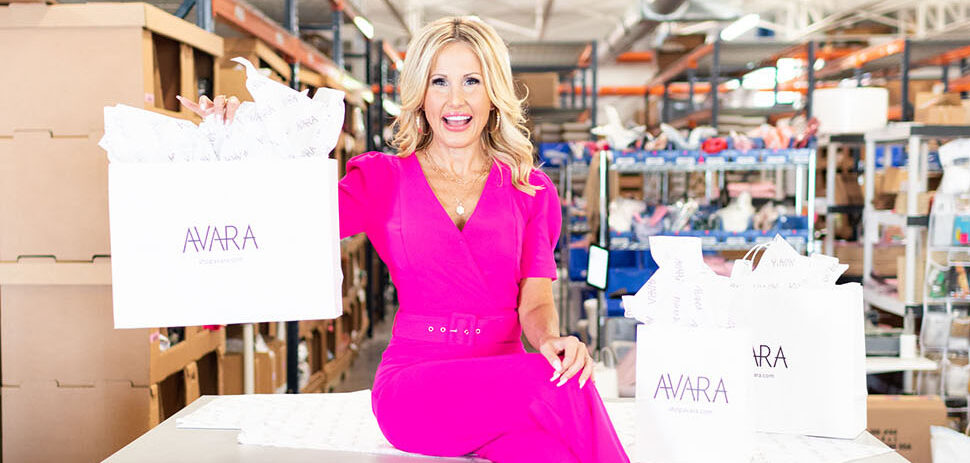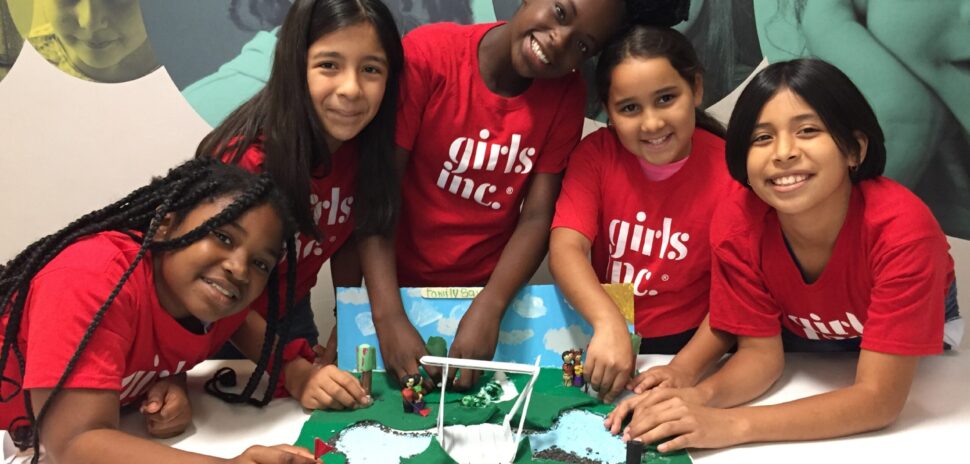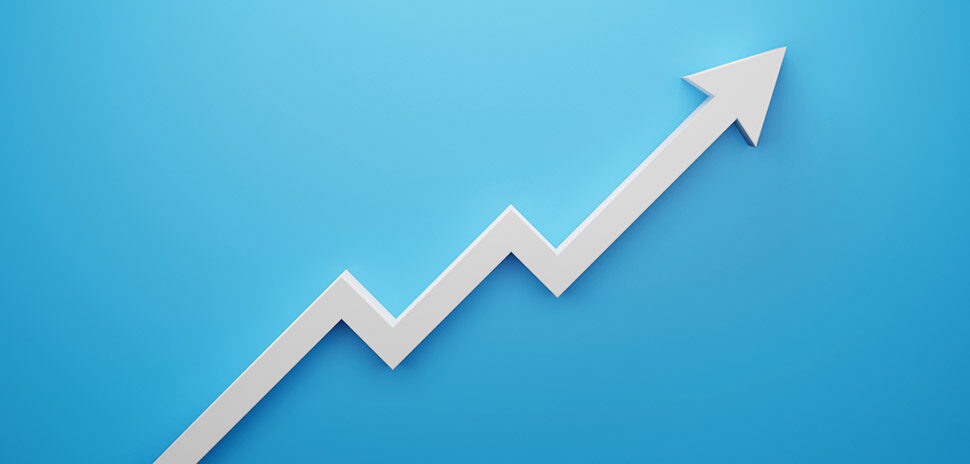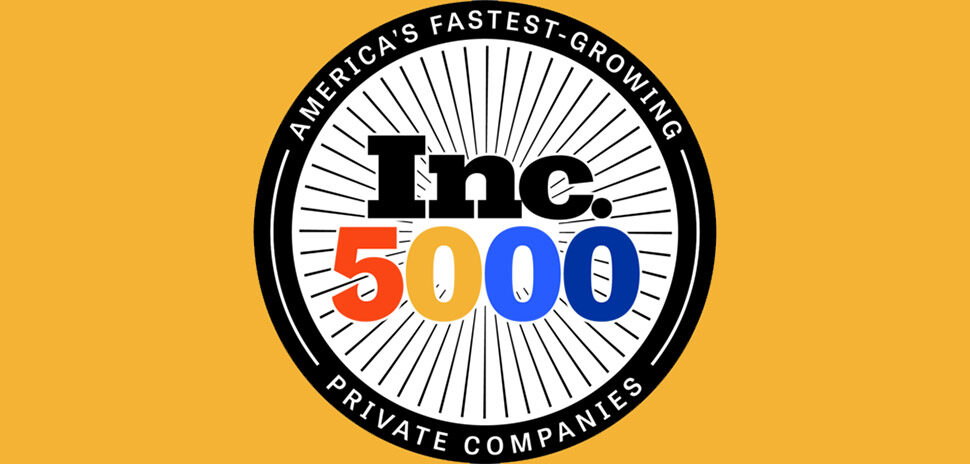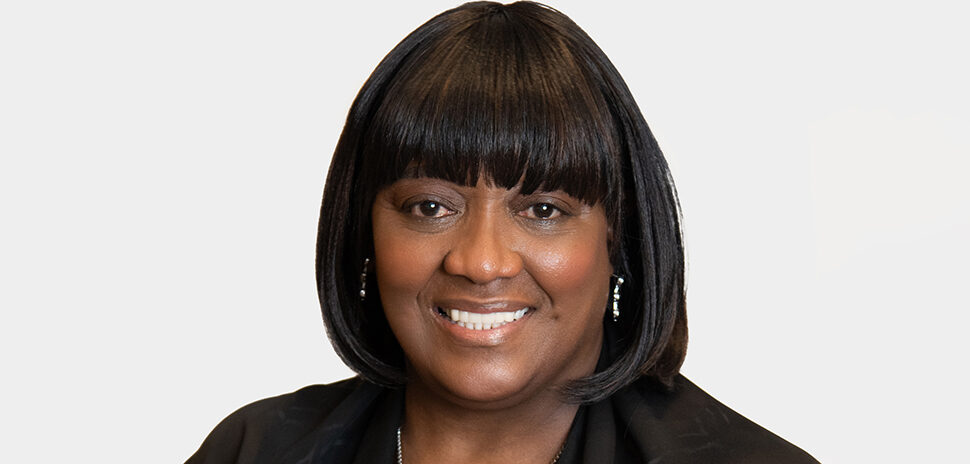In late August, Avara—a Dallas-based e-commerce women’s clothing retailer—launched its Fall 2023 clothing collection by hosting fashion and lifestyle influencers for a sneak peek at The Henry, a snazzy outpost in Victory Park.
Over small bites and a curated cocktail menu, guests snapped selfies in their Avara fall line outfits while rubbing shoulders with Avara affiliate influencer partners Macy Blackwell (1M followers), NashvilleTash (167K followers) and Tanya Foster (108K followers). The goal was to cause some buzz and light up Instagram—just part of the business strategies that have shaped Avara’s five-year growth.
To juice things up, Avara gifted attendees with a goodie bag featuring products from other local Dallas businesses like The Juice Bar, Ascension Coffee, The Kenzie Collective, Clairebella Studio, and Gemelli Jewlery, along with a bracelet chain from Nikki Smith Designs. Additional vendors featured at the event included Maria Andre Boutique Bakery and Something Pretty Floral.
Overseeing all the action? CEO Emily Wickard—who founded Avara in 2018 and who was still basking in the glow of a huge Inc. 5000 achievement.
No. 1 fastest-growing e-commerce business in the U.S. for 2023
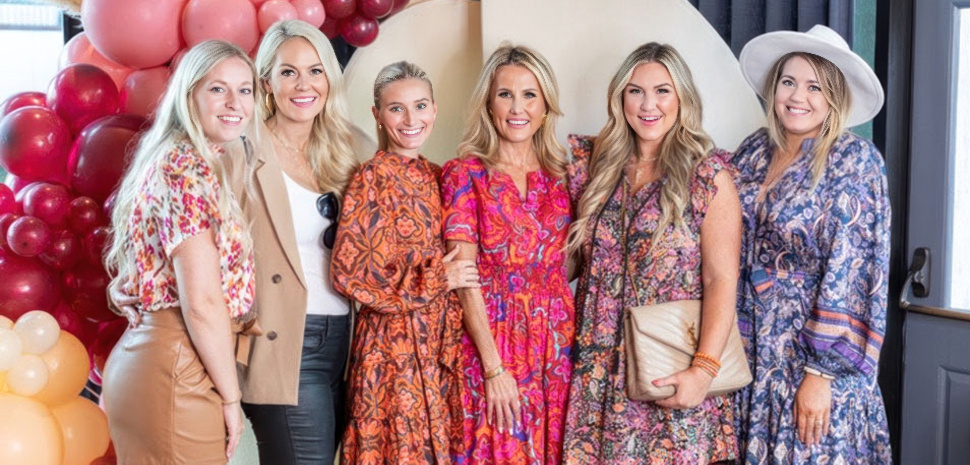
A scene from Avara’s Fall 2023 line launch. [Photo: Avara]
Earlier in August, Avara was ranked the No. 1 fastest-growing e-commerce business in the U.S. on the 2023 Inc. 5000 list. Achieving 1,089% three-year revenue growth, it made the list for the second year in a row, Avara also ranked as the No. 4 fastest-growing women’s retailer in the nation and the 20th fastest-growing among Dallas-Fort Worth companies overall.
That’s a lot of fast, fast growth. So how has Avara done it? While the company provides an in-person shopping experience for local customers at its Dallas location at 4239 W. Lovers Lane, the brand focuses strongly on its online store and its digital strategy, by partnering with fashion and lifestyle influencers to promote the Avara brand, expand its footprint, and build what it calls the “Avaraista” community.
But when Wickard launched all this in 2018, she began with the smallest step an entrepreneur can take:
She Googled something.
“When I started Avara, I didn’t have a grand business plan with five-year goals,” Wickard told Dallas Innovates. “I’d worked in corporate finance for 20 years and was looking for a lifestyle and career change. I’ve always loved clothing, so I decided to open an online boutique. It was a very grassroots approach and, honestly, I Googled how to start an online clothing boutique and went from there.”
Filling a void in the market with stylish clothing ‘for women of all ages’
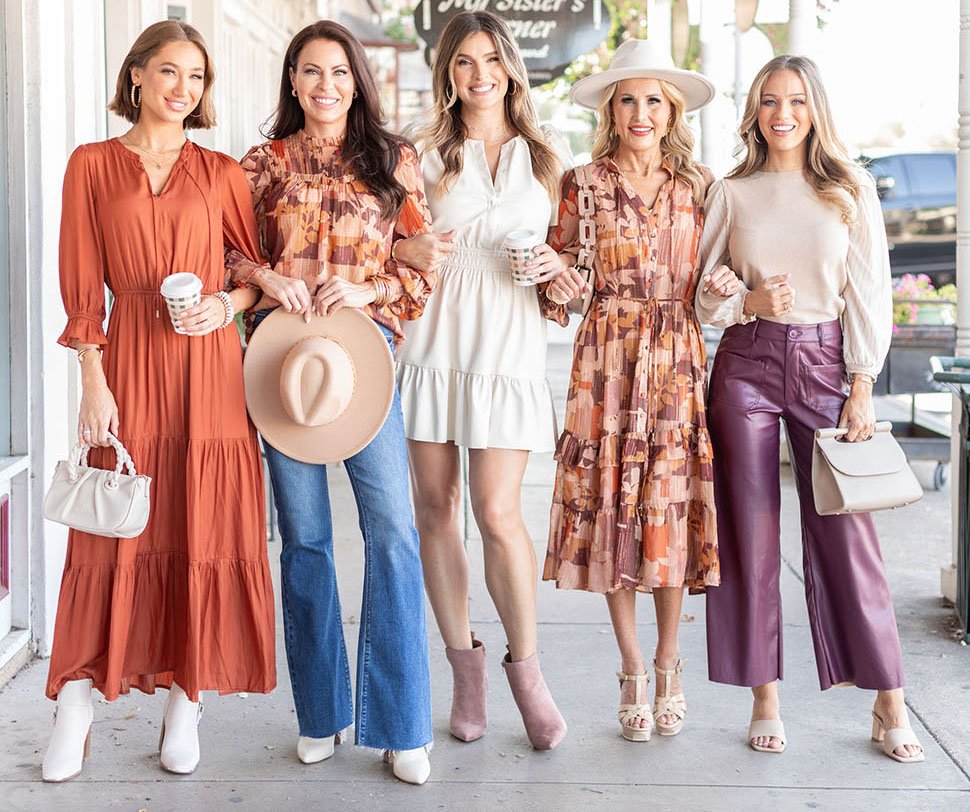
[Photo: Avara]
As a mother in her forties, one thing was clear to her from the very beginning.
“I wanted to source and sell clothing that would fill a void in the market,” she said. “I could never find exactly what I was looking for when shopping, so I wanted to sell clothes that my friends and I would want to wear. That’s the niche we still fill today—stylish, colorful clothing that’s accessible for women of all ages.”
Today, about a third of Avara’s products are the company’s own private label designs, Wickard noted.
“So when we can’t find styles our customers want, we’ll design it ourselves,” she said.
Besides finding a niche market “that no one else was focusing on,” Wickard zeroed in on social media as a critical factor for Avara’s growth.
She started out by selling pieces on Facebook
“I first started Avara on Facebook and invested in a few pieces and sold them directly on the site,” Wickard told us. ” As we’ve grown and evolved, we’ve enhanced our social strategy with a successful influencer program that includes partnerships with about 20 fashion influencers and more than 150 brand ambassadors across the country.”
Wickard says those ambassadors amplify Avara’s brand “to hundreds of thousands of their followers.”
Getting Avara’s e-commerce technology lined up was another key step toward enabling the company’s rapid growth, she says.
“Investing early in the right order fulfillment software was very differentiating for us. It was important for us to automate order fulfillment—even before we probably really needed to—because it enabled us to quickly scale our business and optimize our processes for more quickly and accurately meeting our customers’ needs.”
Her first showroom? Her dining room.
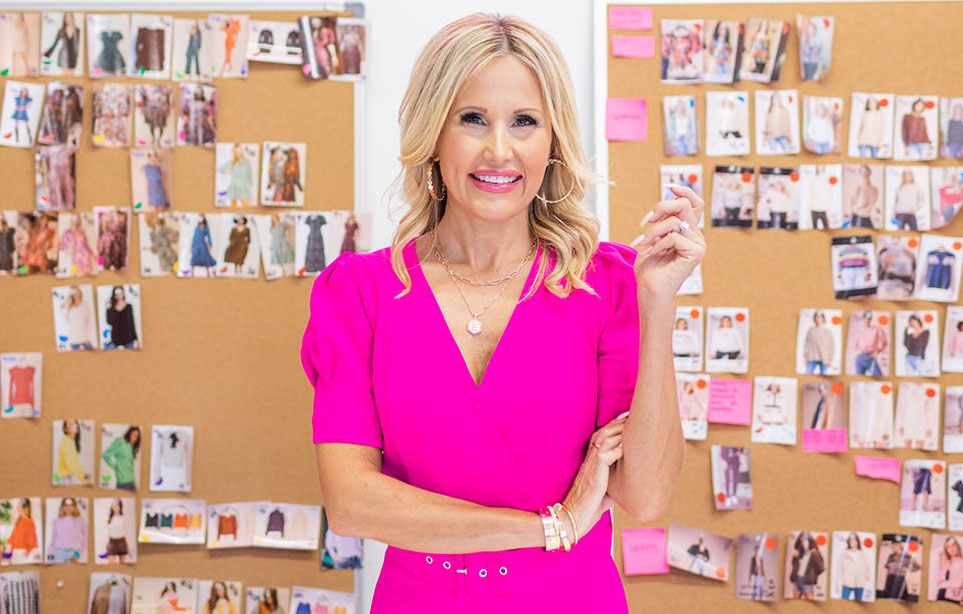
Emily Wickard in front of a lot of looks. [Photo: Avara]
Since Wickard started small, she says she didn’t need upfront capital. Her “very grassroots” approach included “setting up a showroom in my dining room and reaching out to friends and family as my initial customer base.”
“Our success proves that you can start small and make it.”
—Avara’s Emily Wickard
As her startup grew, Wickard invested back into the business to make key hires, build and enhance the Avara website, and fund technology upgrades.
“The first major investment I made early in our evolution was in our order fulfillment software,” she said, noting that it allowed Avara “to quickly scale and helped to further differentiate us in the market.”
But while she was scaling, Wickard was listening.
“Customer feedback has always been and continues to be critical to our success,” she said. “Staying close to them and listening to their needs, feedback, and even ideas for improvements is essential to new products, processes, and innovations.”
Listening to customers—and drilling down with data and analytics
To help leverage those customer insights, Wickard said Avara built a proprietary data and analytics system “that helps us project product selections and white label designs, set pricing, and make inventory management decisions.”
Listening to that input from customers has helped Avara build an authentic community.
“Authenticity has been baked into Avara’s brand from the start,” Wickard said. “I started Avara in my dining room and people would come into my home to see the selections and try clothes on. Of course, that’s all changed, and, while people don’t use my bathroom as a fitting room anymore, I think our customers still feel the genuine, personalized care and fun, relaxed atmosphere when they shop with us online.”
Keeping customers close

[Photo: Avara]
Wickard says Avara remains committed to staying close to its customers—”those we see in person in our Dallas store and those who we connect with online”—and believes that differentiated customer experience has helped her business grow.
“It’s enabled us to launch our own private line which now accounts for 30% of our total revenue,” Wickard said.
“We also continue to upgrade our website based on continuously asking for and listening to our customers’ needs,” she added. “Responding to their feedback in visible and actionable ways has empowered our customers to feel like valued members of our community.”
And all those influencers? It’s not just about chasing followers. It’s about finding other women that Avara’s women can relate to—which keeps the “Avaraista” community growing.
“Our influencer strategy has also been designed to share the Avara brand experience more broadly with women across the country,” Wickard told us. “We’ve built partnerships with about 20 influencers. And more than 150 brand ambassadors have also helped in creating a community for our customers. I want Avara to be a welcoming place for all, so whether it’s our website or Instagram or Dallas store, I want our Avaraistas to feel a sense of belonging—and a fun, personal, and memorable shopping experience.”
Store on Dallas’ Lovers Lane fuels 15% of revenue
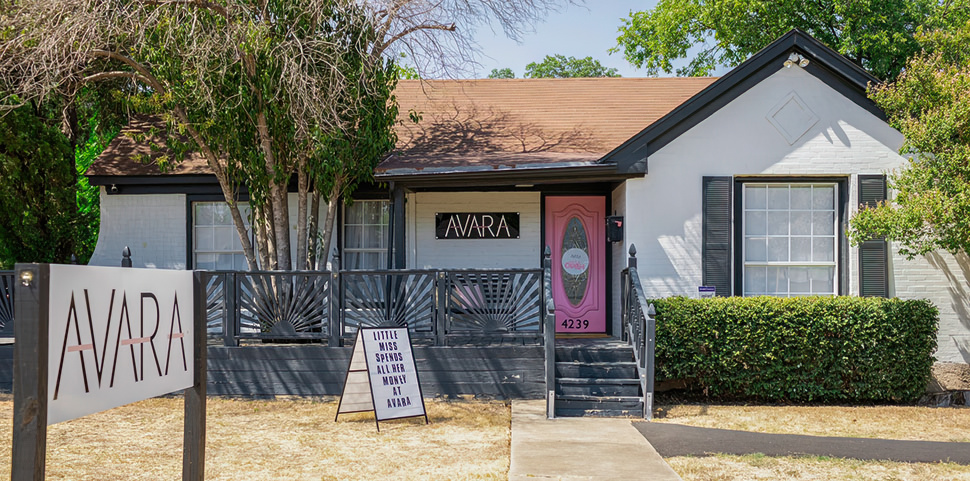
Avara’s store at 4239 W. Lovers Lane in Dallas. [Photo: Avara]
Someone once sang, “ain’t nothing like the real thing.” Beyond all the Insta posts, goodie bags, likes, and online feedback, an actual Avara store on Lovers Lane in Dallas offers a real, live, brick-and-mortar home for the brand.
While the majority of Avara’s business comes from e-commerce, its Dallas store contributes almost 15% of the company’s total revenue, Wickard said.
But it contributes something else, too.
“It allows our customers to have an in-person Avara experience, and we hear from these customers that the Avara store is a destination when they’re in the area,” Wickard said. “We use our physical store to test and learn and the in-person feedback we get is invaluable.”
The store also features products from other women-owned local businesses, supporting their own Dallas-area business journeys.
“The partnerships we have with these women-owned businesses have helped build a strong community of female entrepreneurs in Dallas, which is important to me personally,” Wickard told us.
Avara team is ‘a key part of our growth’
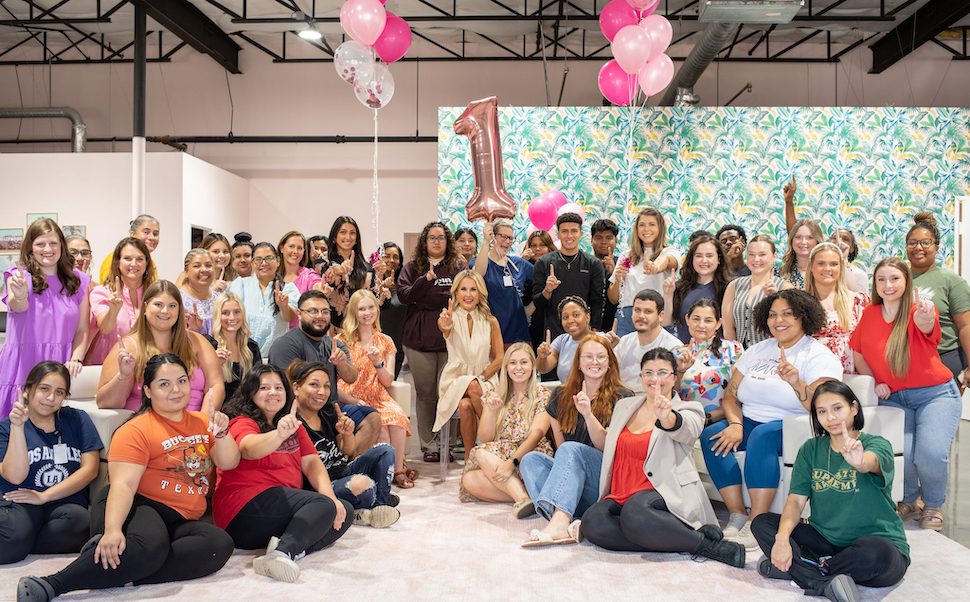
Avara team celebrates its e-commerce ranking in the 2023 Inc. 5000 [Photo: Avara]
Her team is a kind of community of its own, one that Wickard credits for much of the company’s growth.
“Our ability to grow our business while retaining our strong brand identity is exciting and is due to the passion and commitment of our employees,” she said. “Our internal team is a key part of our growth. They’re really invested in what Avara stands for and how we’re different in providing not only unique products but unique, personal experiences for our clients.”
“Similar to our customers, our employees are empowered to make decisions that matter, come up with great ideas and make a difference in the business every day,” Wickard added.
Next steps to keep a fast-growing business growing
So after its huge splash in the 2023 Inc. 5000 list, how will Avara work to keep on growing?
“We plan to continue to expand our influencer programs, as they’ ve been a key to success in building the Avara brand and expanding the Avara customer experience to more women across the country,” Wickard said.
“We also plan to double our private label designs. We’ve seen such a positive reaction to pieces we’ve designed in-house, oftentimes in response to requests from customers and to fill gaps in the marketplace. We’re committed to continuing to provide that quality for our customers.”
If Avara keeps growing like it did the last few years, one thing’s for sure: Wickard’s dining room may actually get used for something else.
Like dining, for instance.
More looks from Avara

Scene from Avara’s 2023 fall line launch. [Photo: Avara]
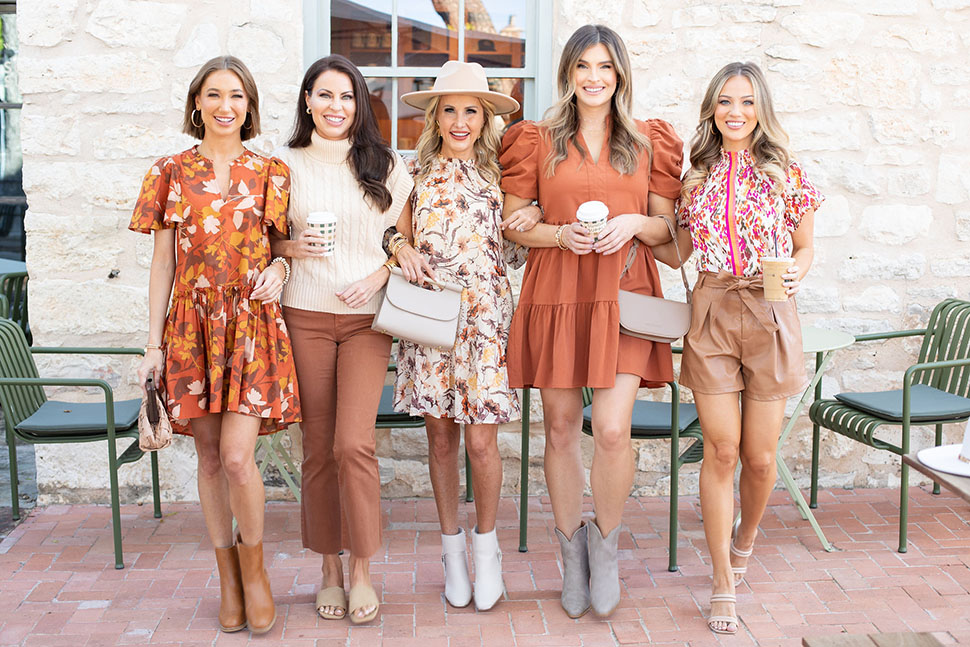
[Photo: Avara]

[Photo: Avara]
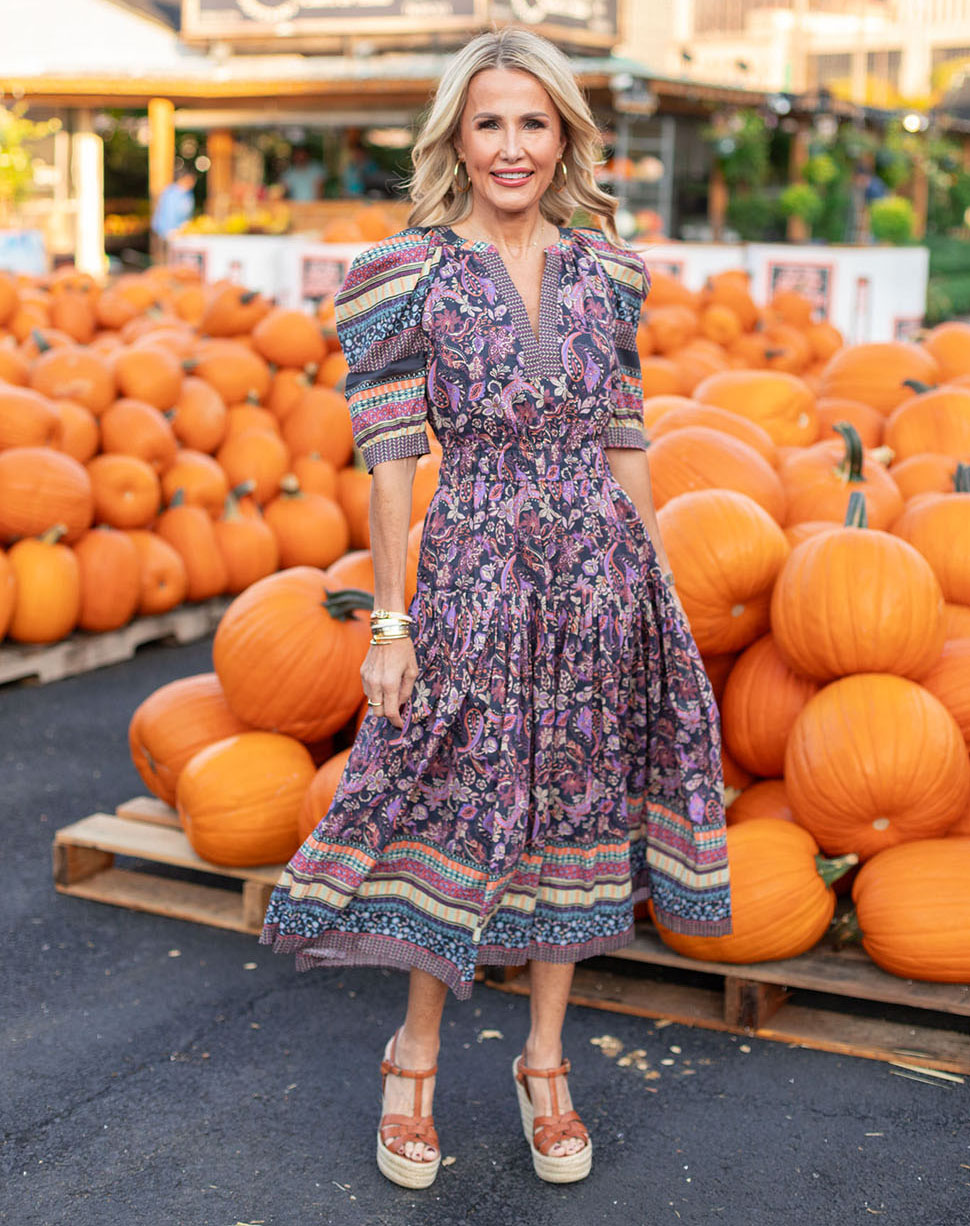
Avara Founder and CEO Emily Wickard. [Photo: Avara]
![]()
Get on the list.
Dallas Innovates, every day.
Sign up to keep your eye on what’s new and next in Dallas-Fort Worth, every day.

